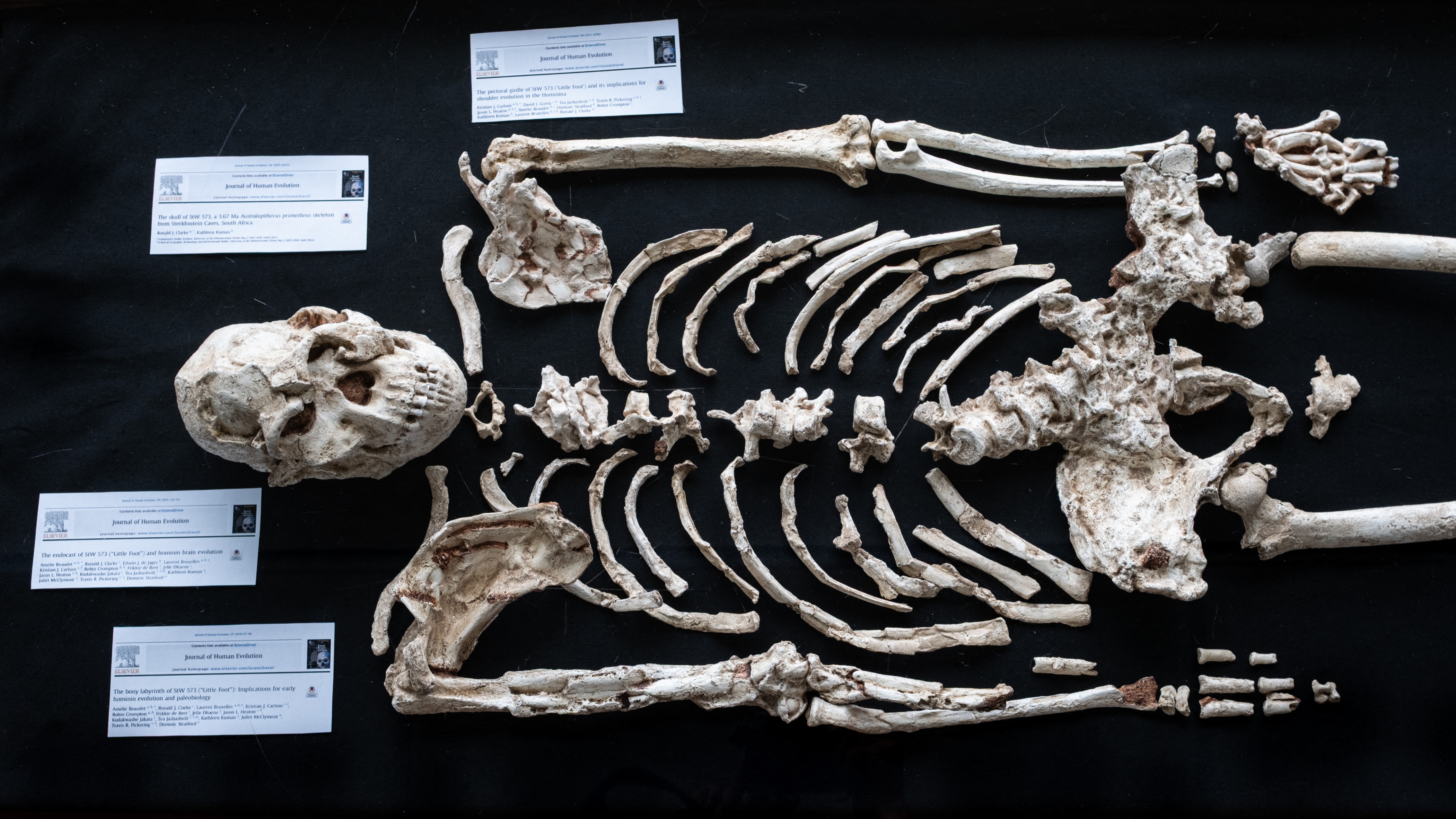Stem Cell Discovery Could Spare Cancer Patients from Nasty Side Effect

People who have head and neck cancer and undergo radiation treatments often suffer from permanent damage to their salivary glands. This can lead to an inability to make any saliva, the loss of all their teeth and other major consequences for everyday life.
Now, scientists may have figured out how to prevent this harm. They are currently conducting a clinical trial to test their work, they said.
Each year, a half-million patients worldwide with head and neck cancer undergo radiotherapy. About 40 percent of patients who have such treatments suffer major damage to their salivary glands, resulting in dry-mouth syndrome.
"It is painful, causing people to wake up and drink multiple times during the night, leading to severe fatigue," said study lead author Peter van Luijk, a biophysicist at the University of Groningen in the Netherlands. "Speaking and eating is difficult without saliva, and often leads to isolation. Moreover, saliva plays a central role in preventing tooth decay and oral infections. Loss of saliva production often leads to loss of all teeth. These patients often need to use saliva-replacing liquids for the rest of their lives."
Modern radiotherapy techniques use precisely aimed blasts of radiation, in an effort to reduce side effects. However, researchers' understanding of how to prevent dry-mouth syndrome was limited, because it wasn'’t exactly clear how radiation caused this problem, Luijk said.
Scientists had suspected that stem cells inside the parotid glands — the pair of large salivary glands situated just in front of each ear — could help the glands regenerate after being damaged so that patients salivate normally again. Until now, where specifically these stem cells might be located was unknown. [5 Spiffy Facts about Spit]
Now Luijk and his colleagues have found the reservoirs of stem cells within central ducts of the parotid glands. In experiments, the researchers showed that irradiating these ducts in mice and rats led to long-term loss of saliva production.
Get the world’s most fascinating discoveries delivered straight to your inbox.
Moreover, the severity of the dry-mouth syndrome that patients experienced after treatment was linked to the levels of radiation they previously received to these ducts.
The scientists also showed they could avoid these stem-cell-rich areas during radiotherapy. "We now know that sparing the major salivary gland might be achieved by sparing only a small part of it," Luijk said.
The scientists have started a double-blind clinical trial to see how well their strategy to prevent dry-mouth syndrome works. "We expect to complete this trial in about two to three years," Luijk said.
The scientists detailed their findings online today (Sept. 16) in the journal Science Translational Medicine.
Follow Live Science @livescience, Facebook & Google+. Originally published on Live Science.



